🌐 Global Tech News Highlights (Late September 2025)
1. Qualcomm Teases 6G Devices by 2028
At the Snapdragon Summit 2025, Qualcomm CEO Cristiano Amon revealed that prototype 6G-capable devices could arrive as early as 2028. These won’t be commercial handsets but testing platforms to explore new capabilities such as context-aware intelligence and enhanced sensing between edge and cloud.
(The Sun)
2. The UN Issues Stricter Warnings on AI Risks
During the 2025 UN General Assembly, leaders and experts called for swift international regulation of AI — particularly around autonomous weapons and the growing threat of algorithmic bias. New global efforts launched include the Global Dialogue on AI Governance, featuring scientific oversight panels and proposals for “AI Red Lines.”
(TIME)
3. Meta Unveils Horizon AI & Llama 4
Meta doubled down on its metaverse investment by launching Horizon AI, a generative virtual world platform powered by Llama 4 (2 trillion-parameter model). It enables users to create personalized multi-reality environments that shift seamlessly between AR glasses, VR headsets, and mobile devices.
(Future)
4. Oktane 2025: Identity, AI & Security
At Oktane 2025, Okta introduced “Identity Security Fabric,” a unified approach to securing digital identities in an AI-driven world. Key announcements included cross-app access, advanced directory management, and phishing-resistant passkeys.
(TechRadar)
5. China Bans Use of Nvidia Chips by Domestic Firms
China has instructed major tech companies like Alibaba and ByteDance to stop using certain Nvidia chips (e.g. RTX Pro 6000D). The move underscores Beijing’s push for indigenous semiconductor development and independence from U.S. tech.
(Reuters)
6. Nepal Bans 26 Social Media & Messaging Apps
The government of Nepal imposed a ban on 26 platforms—including WhatsApp, Facebook, Twitter, and more—citing regulatory concerns. The decision triggered global debate around digital rights and government control.
(The Times of India)
7. Samsung & Oracle: Hardware & Layoffs
- Samsung launched the Galaxy S25 FE and Tab S11 / S11 Ultra, bringing AI features and S-Pen support to more devices.
(The Times of India) - Oracle reportedly initiated global job cuts, reflecting cost pressures in enterprise tech.
(The Times of India)
8. Innovation in Micro-LEDs, Biobatteries & Chip Cooling
- Researchers are pursuing micro-LED display tech to enable thinner, brighter, more efficient screens.
(Tech Xplore) - A battery made from natural, biodegradable materials has demonstrated potential to replace conventional lithium-ion cells.
(Tech Xplore) - Microsoft is experimenting with microfluidic cooling in chip design—routing cooling fluids through tiny internal channels to dissipate heat more effectively.
(Tech Xplore)
9. AI in Healthcare: Market on Track for Explosive Growth
The global AI in healthcare market is projected to surge to ~US$187 billion by 2030, up from ~US$11 billion in 2021. Growth drivers include AI diagnostics, patient monitoring, and drug discovery tools.
(Crescendo.ai)
🔎 Why These Developments Matter
- AI governance urgency: The UN’s push signals tech regulation is becoming international priority, not just national debate.
- Metaverse + generative AI merging: Meta’s Horizon AI shows how virtual spaces are becoming dynamic, AI-powered environments—not static VR worlds.
- Technology sovereignty: China’s chip restrictions highlight how nations are doubling down on supply chain independence.
- Hardware reinvention: Innovations in display tech, cooling, and batteries could drive the next generation of thinner, more powerful devices.
- Digital rights & censorship: Nepal’s social media ban is a stark example of how governments may enforce digital control, with implications for global platforms.
- Healthcare as AI frontier: The steep growth in AI health tech reinforces that medicine is one of AI’s most impactful battlegrounds.
✅ Final Thoughts & Outlook
The tech landscape in late 2025 is dynamic and charged with possibility—and risk. AI continues to sit at the core, reshaping how we interface with virtual worlds, govern societies, and power entire industries. As hardware and materials science evolve, devices will get smarter, lighter, and more capable.
Regulation will be the countercurve: who defines rules, who enforces them, and how they balance innovation vs safety. AI in healthcare, sovereignty in tech, and digital rights battles will be among the defining stories in the coming months.

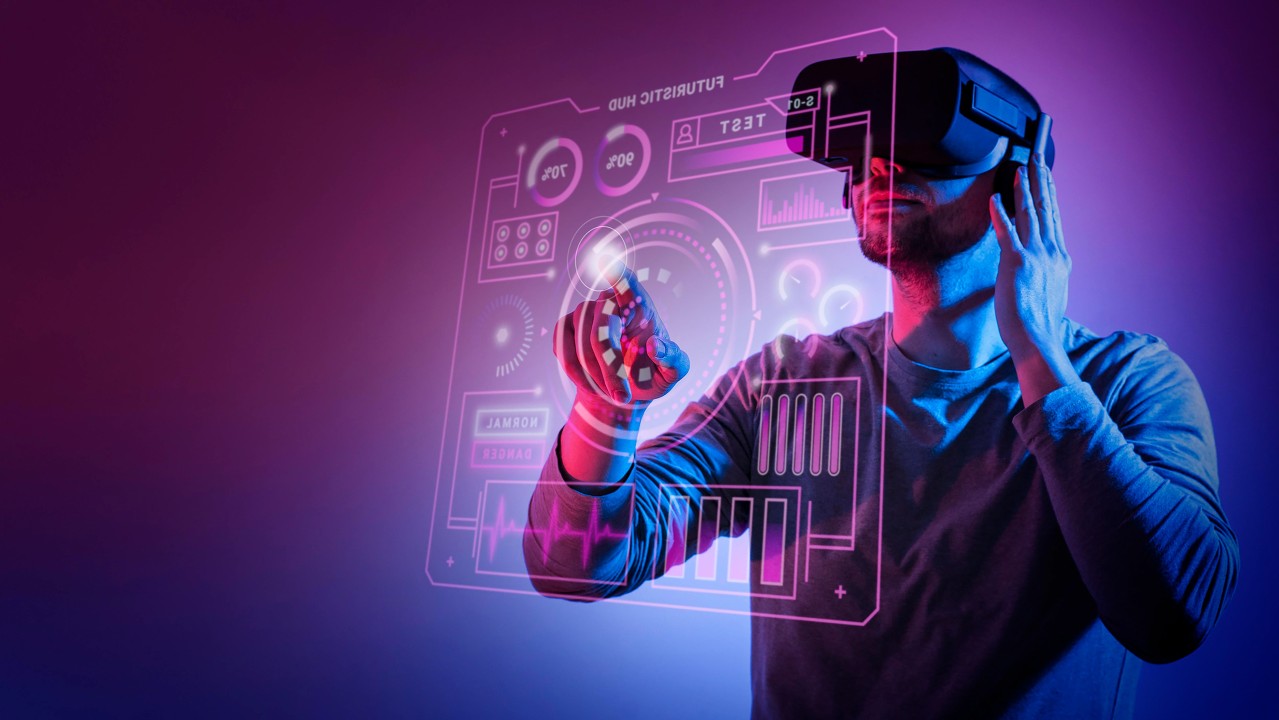

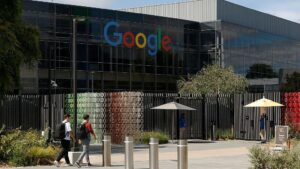
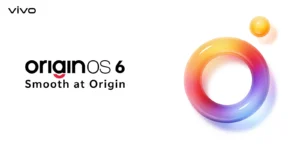
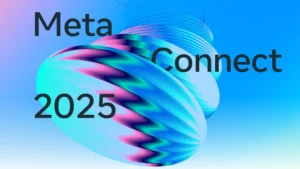
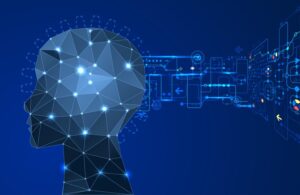
Be First to Comment